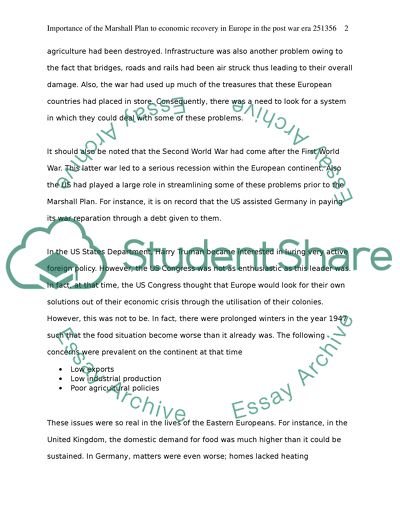Cite this document
(Importance of the Marshall Plan to Economic Recovery in Europe in the Coursework, n.d.)
Importance of the Marshall Plan to Economic Recovery in Europe in the Coursework. Retrieved from https://studentshare.org/history/1549532-researching-politics
Importance of the Marshall Plan to Economic Recovery in Europe in the Coursework. Retrieved from https://studentshare.org/history/1549532-researching-politics
(Importance of the Marshall Plan to Economic Recovery in Europe in the Coursework)
Importance of the Marshall Plan to Economic Recovery in Europe in the Coursework. https://studentshare.org/history/1549532-researching-politics.
Importance of the Marshall Plan to Economic Recovery in Europe in the Coursework. https://studentshare.org/history/1549532-researching-politics.
“Importance of the Marshall Plan to Economic Recovery in Europe in the Coursework”, n.d. https://studentshare.org/history/1549532-researching-politics.


